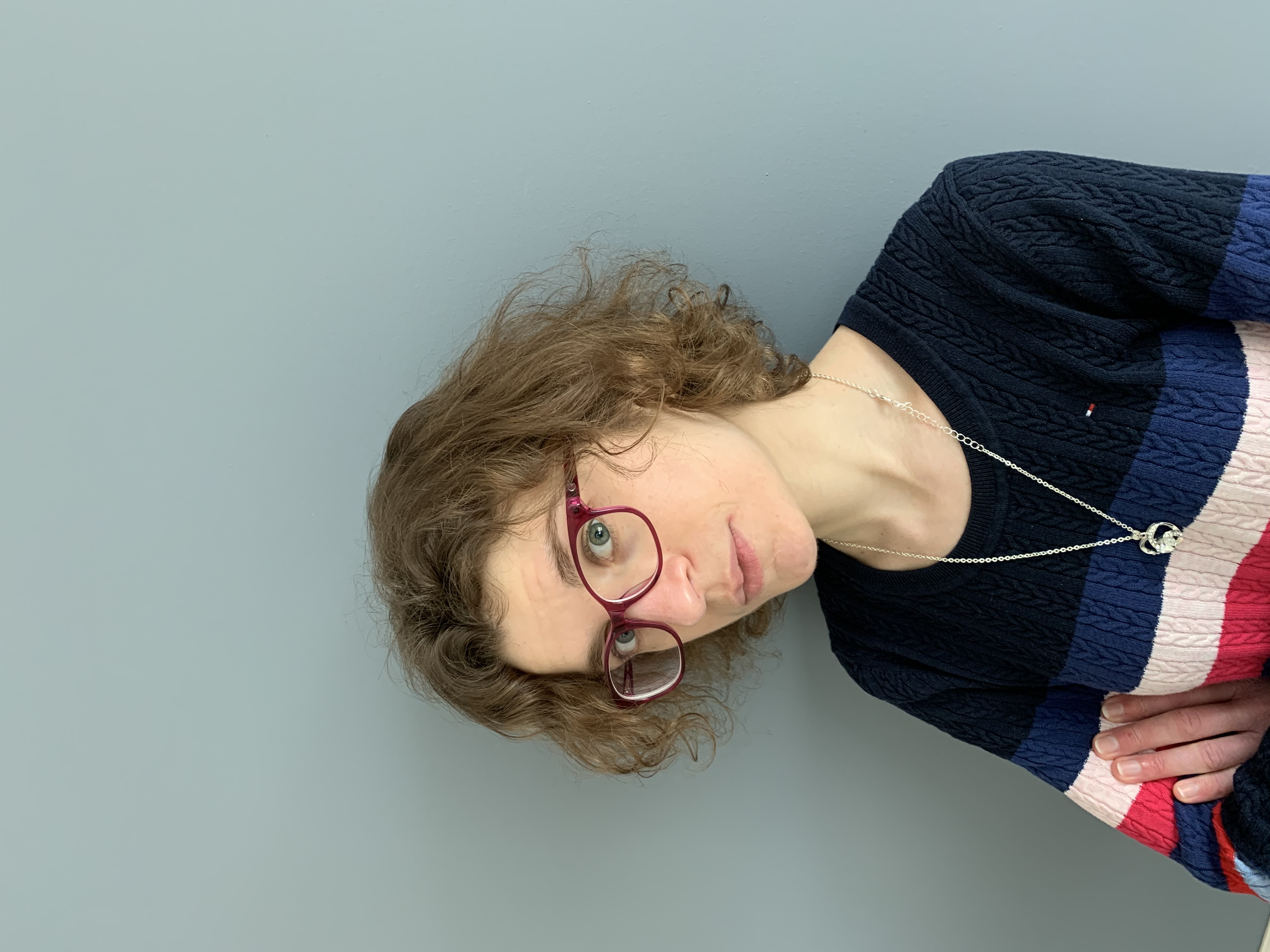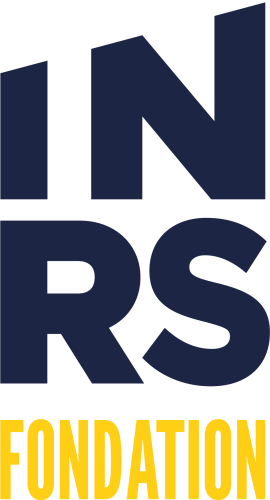
“I have taken away many lessons from my time at INRS, but I find that the most important lesson is to be an open-minded researcher, who values teamwork as a key resource for exploring new research horizons and not getting discouraged by failure.
I am delighted to receive this award and I thank all the members of the jury for giving me this honour.”
Stefania Sciara
Ph.D. energy and materials sciences, 2020
Postdoctoral fellow, Institut national de la recherche scientifique (INRS)
2023 Prix Lumières Awardee • Firestarter
Why did you choose to study at INRS?
After a bachelor’s degree in physical sciences and a master’s degree in theoretical physics, where I cultivated an interest in quantum physics, I wanted to anchor my studies in the field of quantum optics and photonics for applications of quantum technologies. INRS offered me the ideal environment to achieve this goal, since I could devote all my time to research and I worked with an excellent quantum optics research team.
What do you remember about your experience at INRS?
While I am still at INRS as a postdoctoral researcher, the team members I worked with during my PhD left several years ago. I had a wonderful experience with them. I remember our scientific discussions and the valuable mentorship I received from many of them, without which I would not be the researcher I am today. My experience at INRS has helped me a lot in my professional and personal development, especially thanks to the many professors, experienced scientists as well as the younger ones I met along the way. Finally, I would like to thank my thesis supervisor, Professor Morandotti, and INRS for giving me a lot of independence during my PhD studies. This allowed me to expand my research horizons for my current and future career.
Do you have a favorite memory from campus?
The Centre Énergie Matériaux et Télécommunications research and training centre is located in Varennes, on the south shore of Montreal, away from the hustle and bustle and typical downtown density. This context allows the entire center community to organize outdoor recreational activities on the campus grounds. Another memory I keep of the Varennes campus is the diverse environment I found there, which facilitates the exchange of ideas in terms of research and beyond.
What is the most important lesson you take away from your time at INRS?
I take away many lessons from my time at INRS, but I find that the most important lesson is to be an open-minded researcher who values teamwork as a key resource for exploring new research horizons and not getting discouraged by failure.
Tell us about your journey since graduation?
I received my PhD in April 2020, and since May 2020 I have been a postdoctoral researcher at INRS. Although I worked with a team of experimentalists, my doctoral research was primarily theoretical. However, the goal of my theoretical studies was to stimulate the use of complex states of entangled photons for a variety of practical quantum applications, ranging from quantum communications to quantum information. To this end, I have based my theory on realistic scenarios that can occur in experiments.
Following this research approach, I continued my career as a postdoctoral researcher, also acquiring experimental skills. I focused on the experimental implementation of quantum communication and cryptography protocols, such as quantum entanglement propagation and quantum key distribution. This work is part of a two-year Mitacs Elevate thematic quantum science fellowship I completed in June 2022, in collaboration with Ki3 Photonics Technologies, a spin-off of Professor Morandotti’s group. My current research goals are to study and experimentally realize novel photonic systems for quantum information science.
How did your time at INRS prepare you for your career?
INRS provided me with research independence as well as a host of other skills needed to pursue my research in academic and industrial environments. Since I started my post-doctorate, my supervisor has chosen me as the leader of his quantum photonics group. This role has allowed me to acquire and improve my skills in terms of student and project supervision. Finally, the internship at Ki3 Photonics Technologies helped me to add an industrial aspect to my research activities.
What advice would you like to give to current students?
Never give up! Research is wonderful, even when it doesn’t bring the expected results. Think outside the box and go in new directions without getting discouraged or afraid to share your ideas with others. You may encounter many obstacles in your career. Don’t be afraid, take them on and take care of yourself.
What are your wishes for the future?
I would like to see quantum photonics-based technologies become part of everyday life and accessible to as wide a range of users as possible. Knowing that quantum technology is currently far from being eco-sustainable, I wish that researchers and industry could work together to produce scientific results in the field of quantum photonics that can benefit society as a whole while preserving the environment.
